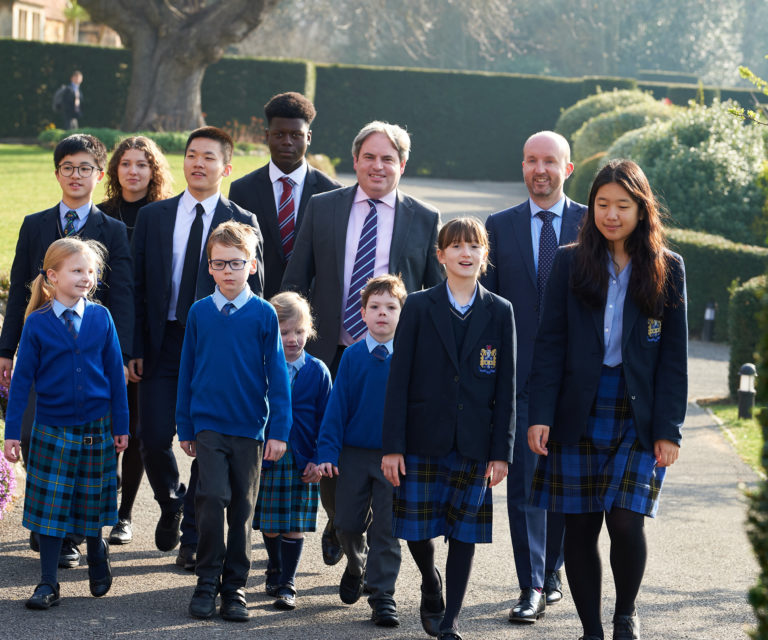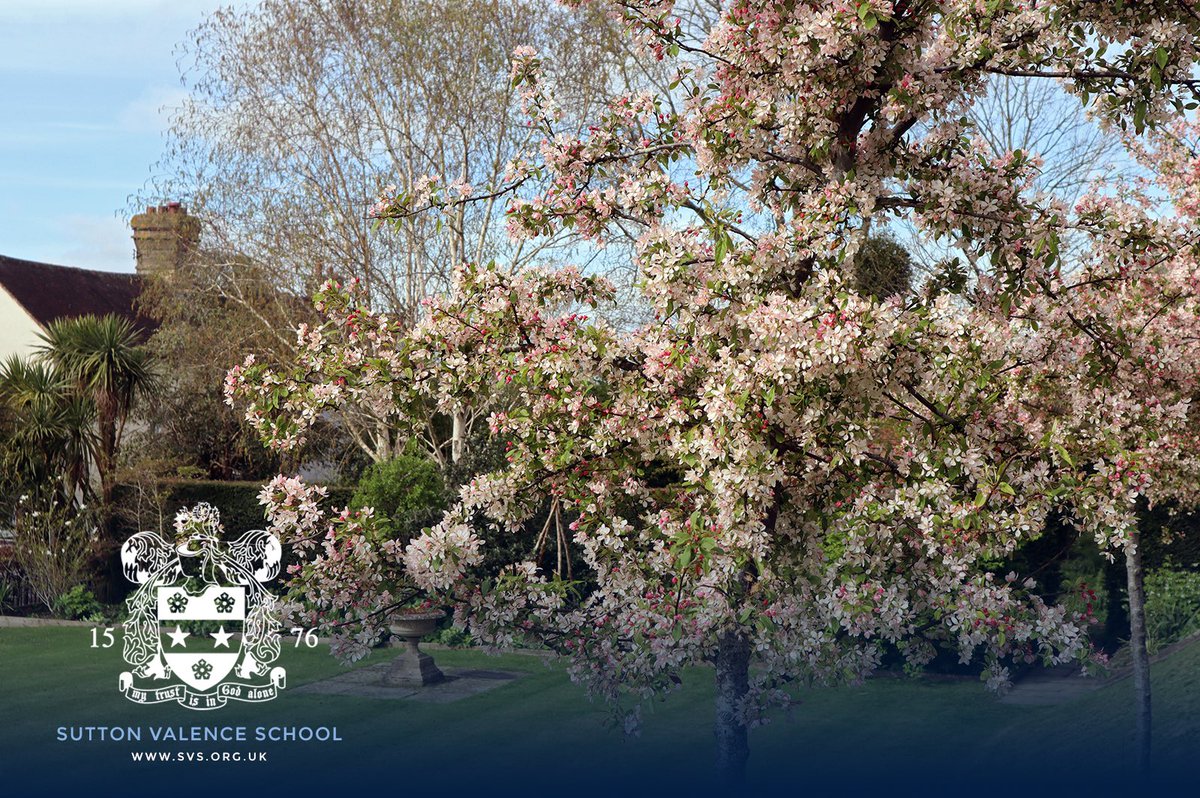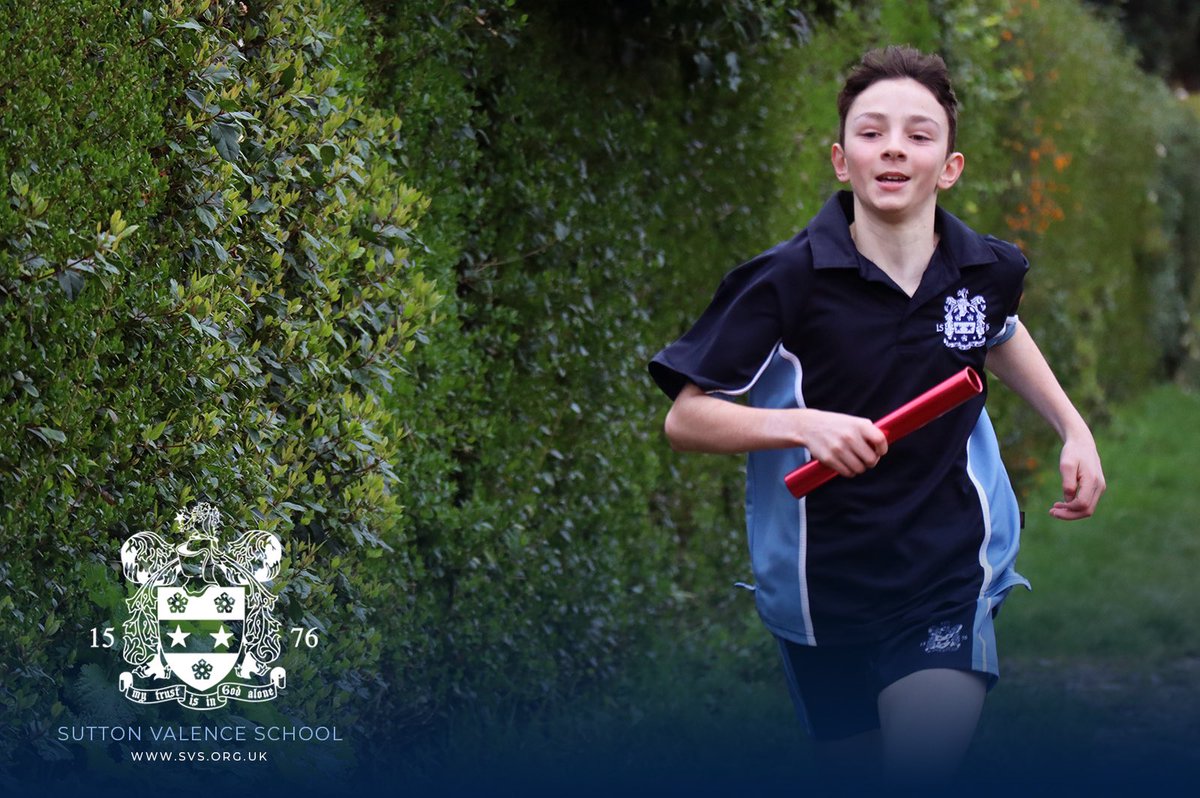Our Diversity Committee, overseen by Mr Sealy and assisted by Mr Devine, organised a Diwali lunch today as a celebration of the different cultures that make up and enrich our community here at SVS. It provided a timely opportunity for us all to learn about the Diwali festival and the way it has been celebrated over generations. Traditional Diwali music was played throughout lunchtime, along with information cards for the students to learn all about Diwali.
More about Diwali
Diwali is the Indian festival of lights, usually lasting five days and celebrated during the month of Kartika between mid-October and mid-November. Diwali is known as the festival of lights because houses, shops and public places are decorated with small clay oil lamps called diyas. The word Deepawali literally means rows of diyas. One of the most popular festivals of Hinduism, Diwali symbolises the spiritual “victory of light over darkness, good over evil, and knowledge over ignorance”. The festival is widely associated with Lakshmi, goddess of prosperity, with many other regional traditions connecting the holiday to Sita, Rama and Vishnu. In the lead-up to Diwali, celebrants will prepare by cleaning, renovating, and decorating their homes and workplaces with diyas and rangolis in which patterns are created on the floor or the ground using materials such as coloured rice, coloured sand, quartz powder or flower petals. During Diwali, people wear their finest clothes, illuminate the interior and exterior of their homes with diyas and rangoli, perform worship ceremonies of Lakshmi, light fireworks and take part in family feasts. Mithai (sweets) and gifts are shared. The five-day long festival originated in the Indian subcontinent and is mentioned in early Sanskrit texts. Diwali is usually celebrated 20 days after the Dashera festival when celebrants prepare by cleaning their homes and making decorations. Some other faiths in India also celebrate their respective festivals alongside Diwali. The Jains observe their own Diwali, the Sikhs celebrate Bandi Chhor Divas, while Newar Buddhists, unlike other Buddhists, celebrate Diwali by worshipping Lakshmi, while the Hindus of Eastern India and Bangladesh generally celebrate Diwali, by worshipping Goddess Kali. Diwali 2020 falls on Saturday, November 14, and deep into the English lockdown. Ordinarily, the festival would be celebrated with big feasts, fireworks, parties with multiple households and spending time with family and extended family. This year, people are urged to find ways of marking the Festival of Lights differently. Individual households will be holding small celebrations in their homes, and possibly sharing them with family on a Zoom call. Doors are left open to help Lakshmi find her way into people’s homes. It is a celebration of new beginnings as well as the triumph of good over evil and light over darkness.
Our Diwali Menu
Grilled chicken marinated in yoghurt, spices & coriander
Vegetable biriyani
Nepalese momo dumplings
Sag aloo
Gulab Jamun fritters
Fresh fruit cups




